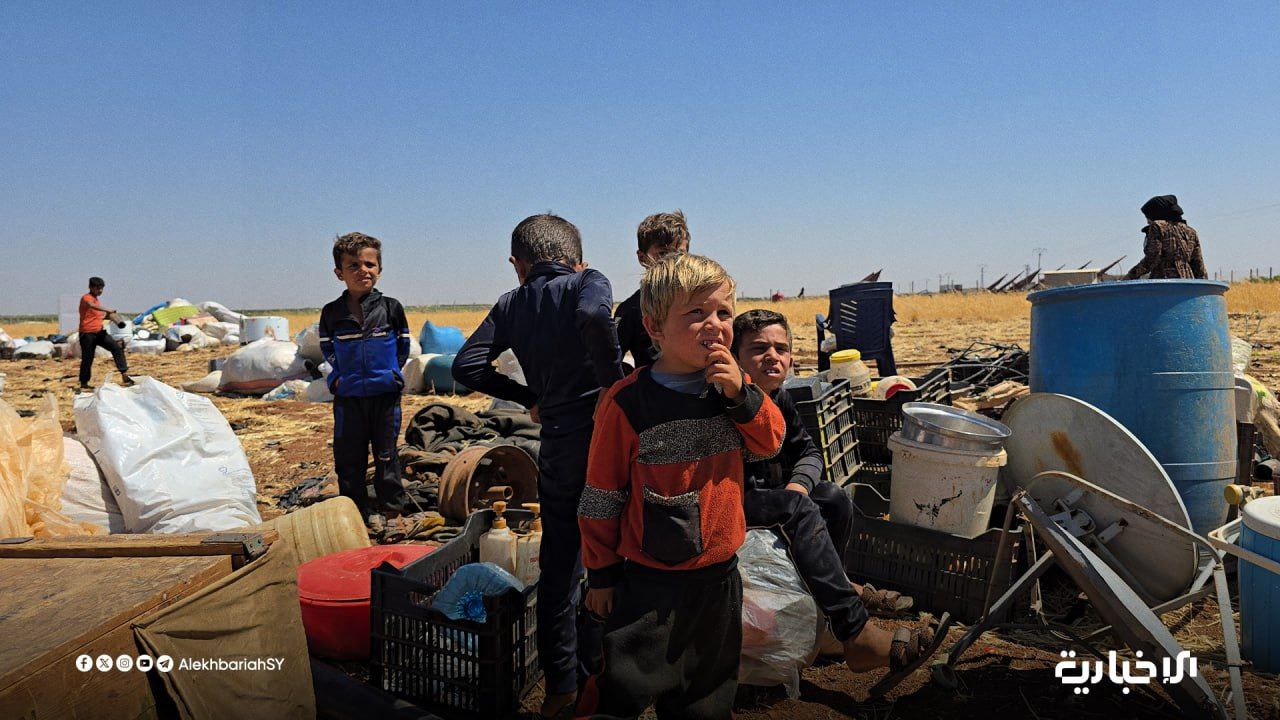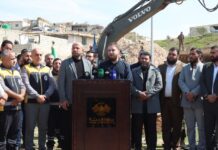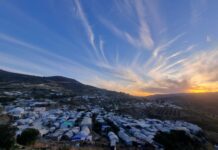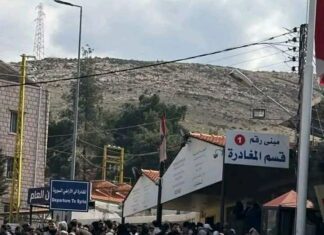
In the wake of a security agreement and the sudden withdrawal of Syrian government forces, armed militias affiliated with Sheikh Hikmat al-Hijri have launched a campaign of targeted violence against the Bedouin minority in Suwayda province, resulting in mass killings, home burnings, and widespread displacement.
The violence, described by local sources and human rights monitors as systematic and ethnically motivated, has driven hundreds of Bedouin families from their homes. Residents and activists say the militias, operating under the guise of local security, are committing what amounts to ethnic cleansing.
Bedouin Civilians Caught in Crossfire
The Syrian government initially deployed troops in Suwayda to contain escalating clashes between Druze factions and tribal groups. However, following Israeli airstrikes on Syrian military positions and a subsequent truce agreement with local leaders, the Syrian Ministry of Defense withdrew its forces from the province.
The pullout, announced on Wednesday by the Ministry of Interior, was meant to de-escalate tensions by transferring security responsibilities to local factions and Druze spiritual leaders. Instead, the power vacuum has emboldened militant elements within the Druze community loyal to al-Hijri.
According to the Syrian state news agency SANA, militias stormed the Maqous neighborhood and multiple rural villages early Thursday. “Outlaw groups attacked civilians, committed massacres against women and children, and carried out field executions,” the report said.
Subhi al-Baddah, a resident of Maqous, told local outlets that entire families were forced to flee under the threat of violence. “Anyone who falls into the hands of these militias is killed. Homes are burned, and anything inside is looted,” he said.
Civilians Flee Without Shelter or Aid
The situation has triggered a humanitarian crisis. More than 500 Bedouin families have fled to the Daraa countryside, many taking refuge in mosques, schools or open farmland without access to basic necessities. Others remain trapped in besieged towns such as Shahba, according to local reports.
Badr al-Bakkar, whose relatives were caught in the violence, said Druze fighters raided several villages, shooting fleeing civilians. “They’re in danger of being caught by the armed groups,” he said. According to preliminary tolls from local sources, at least 100 Bedouin civilians—including women and children—have been killed in what eyewitnesses describe as field executions.
Political Fallout and Urgent Appeals
Despite a ceasefire announced Wednesday, Bedouin tribal forces launched a counteroffensive, regaining control of some villages. A Bedouin commander told Reuters that the truce “applies only to the government” and not to local resistance efforts aimed at protecting civilians and freeing hostages.
The hashtag #SaveBedouin_Suwayda began trending on social media Thursday, amplifying distress calls from affected communities and sharing harrowing images of displaced families and burned homes.
In a televised address, President Ahmad al-Sharaa defended the government’s decision, stating that “security will be upheld by the honorable sheikhs and factions.” However, with civilians under siege, critics argue that this policy has enabled sectarian violence instead of preventing it.
Rights groups and residents continue to appeal for urgent intervention and the reestablishment of state authority to protect all communities—Druze, Bedouin and Christian—within Suwayda province.








